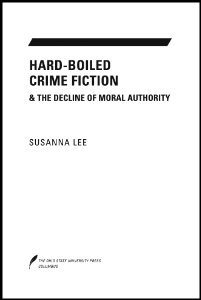By Mark Twain
From Wikipedia: The Prince and the Pauper is a novel by American author Mark Twain. It was first published in 1881 in Canada, before its 1882 publication in the United States.[1] The novel represents Twain's first attempt at historical fiction. Set in 1547, it tells the story of two young boys who were born on the same day and are identical in appearance: Tom Canty, a pauper who lives with his abusive, alcoholic father in Offal Court off Pudding Lane in London, and Edward VI of England, son of Henry VIII of England. Plot: Tom Canty, the youngest son of a very poor family living in Offal Court located in London, has been abused by his father and grandmother, but is encouraged by the local priest, who taught him to read and write. Loitering around the palace gates one day, he sees Edward Tudor, the Prince of Wales. Coming too close in his intense excitement, Tom is caught and nearly beaten by the Royal Guards. However, Edward stops them and invites Tom into his palace chamber. There, the two boys get to know one another and are fascinated by each other's life. They have an uncanny resemblance to each other and learn they were even born on the same day, so they decide to swap clothes “temporarily". The Prince hides an item, which the reader later learns……




